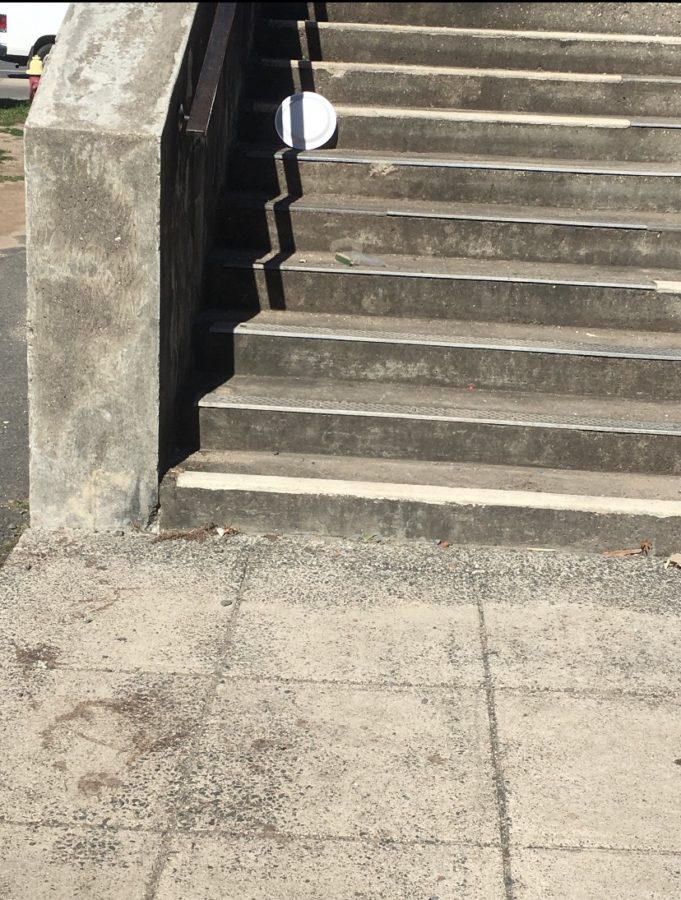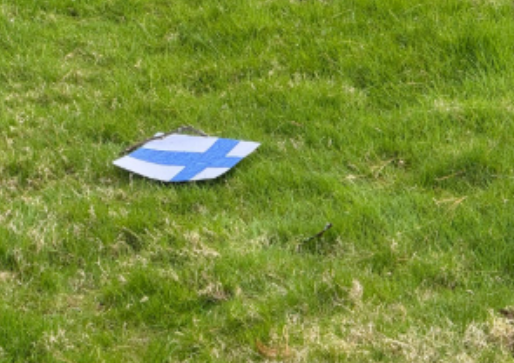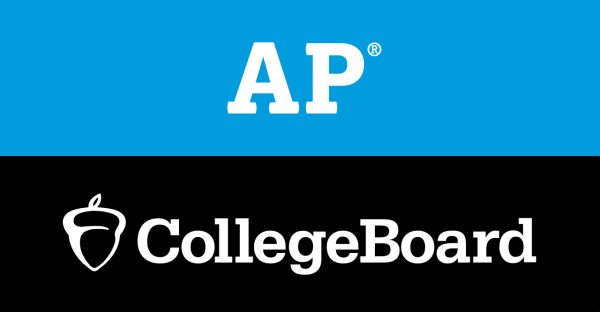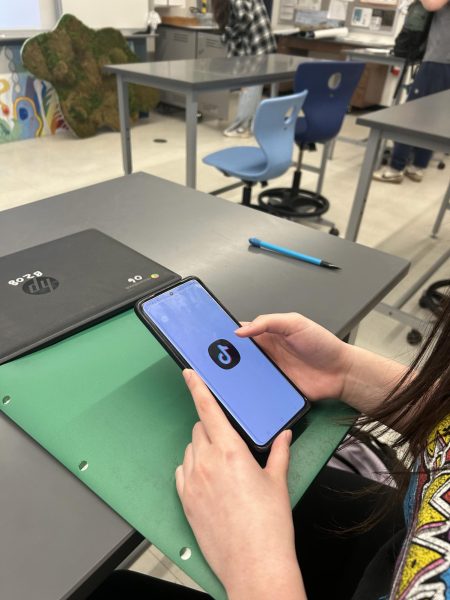Does Hall Recycle?
Recent controversies surrounding Hall High School’s trash collection raises concerns as to whether or not recyclables are actually being recycled. After speaking to a couple sources, it is clear that the extent to which Hall recycles is vastly unknown.
According to Joseph Bernard, the head custodian at Hall High School, Hall does recycle, noting that Hall organizes the recyclables into “dry recycling”, which largely consists of paper, cardboard, and other classroom materials, and “streamline recycling”, which deals mostly with food scraps.
Bernard says that a dumpster company (not specified) periodically picks up the recycling, sending all dry paper to a processing center downtown whose name was not specified. Bernard was unable to recall the exact location of where the streamline recyclables are sent and processed.
However, Bernard admits that the recycling at Hall could be much better. Although “classrooms do pretty good” Bernard continues, “I want to see improvement in the cafeteria”, indicating that students often mistake trash for recycling, and visa-versa, leading to contaminated batches of recycling which cannot be processed.
In contrast to Bernard’s comments, Dr. Coghill, a teacher at Hall High School specializing in environmental sciences, remarked, “I think there is some recycling at Hall,” deeming it “not standard practice.” She claims that the lack of “education” and “pace of our lives” is a major reason as to why “Hall is not recycling as much as possible,” implying that students are apt to confuse recyclables with trash because they do not take time to correctly learn how to recycle.
Bernard and Coghill were able to agree on one thing: students’ recycling habits are a huge reason why Hall does not recycle as much as it should.
There are a few reasons why students do not recycle, the first being they simply do not put in the effort. When asked about how long the custodians spend picking up trash around the school, Bernard answered, “nine guys working eight hours, with roughly four hours from each guy picking up trash around school monday through friday.”
Adding on to this, Coghill stated, “it is easier to dump [everything] in the trash,” indicating that students often favor convenience over the environment.
Another reason is that students are not informed. Coghill commented that students “shouldn’t be recycling styrofoam,” but often do. She further noted that “we all need to be [recycling].” If one person recycles a non recyclable item, the whole recycling bin is contaminated and cannot be processed.
A third reason as to why students are not recycling is that they do not understand the importance of correctly disposing of waste. According to the EPA (Environmental Protection Agency), recycling reduces the amount of waste in landfills (the largest producer of methane), minimizes pollution, and creates jobs for people in the recycling industry.
Coghill added that, “we are better off reducing the amount we produce,” suggesting that, while recycling at Hall could be better, reducing the use of plastics in general should be the ultimate goal. If every student carried around a reusable water bottle instead of buying single-use plastic water bottles daily, the amount of waste needed to be recycled would be lessened.
The Environmental Club at Hall plans to make some changes regarding this. Tomas Persano, a leader of the Environmental Club had a lot to say regarding their plans to lower Hall’s carbon footprint.
When asked if he believes Hall recycles, Persano replied, “there is no recycling. Students can’t differentiate garbage from specific recycling plastics. If there was actual proof then I would believe that, but based on what I see on a daily basis, it is hard to believe.”
As leader of the Environmental Club, Persano is “targeting ways to create effective recycling manners, whether it be specifically labeling garbage cans or limiting single-use plastics.”












Mira Mohler • Nov 7, 2019 at 8:44 am
Its interesting how we don’t really think about recycling in schools but we might at home.
Max Kalsner Kershen • Nov 7, 2019 at 8:43 am
The photography really encapsulates the shortcomings of the Hall High School waste management system. Fascinating .
Coby Noll • Nov 7, 2019 at 8:41 am
This is an interesting topic.